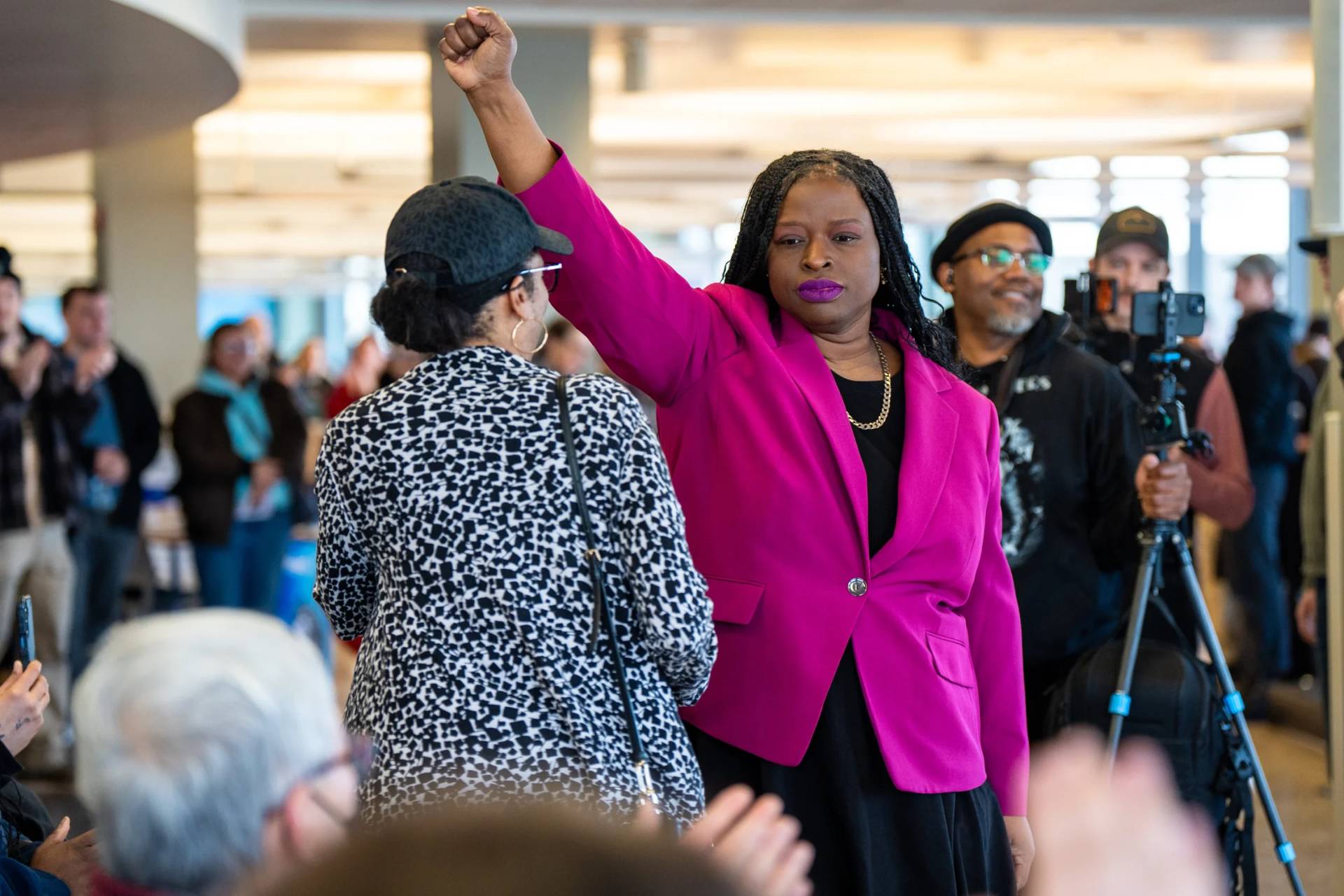NEW YORK – Archbishop Thomas Wenski of Miami joined hundreds of South Floridians Wednesday at St. John’s Nursing Center to become the first U.S. bishop to receive a COVID-19 vaccination.
In a conversation with Crux, Wenski said he got the vaccine “to lead by example,” despite a lifelong fear of needles and injections.
“I think it’s important for two reasons. To express confidence in the effectiveness of the vaccine, but also in the ethical acceptability of the vaccine,” he said. “There are still a lot of people nervous about it for many reasons.”
St. John’s is located near Fort Lauderdale, part of Catholic Health Services in the Archdiocese of Miami. There were just north of 200 people — split between staff and residents — that received the Pfizer-BioNTech COVID-19 vaccine, greenlit for emergency use by the Food and Drug Administration on Dec. 11. Vaccinations started to be administered in the U.S. on Monday.
As of Thursday afternoon, Wenski hadn’t experienced any side effects from the vaccination.
The archbishop arrived at St. John’s for the vaccination around 1 p.m. He had already sent in a consent form the day before, so all he had to do was go through a temperature check and coronavirus questionnaire before he got the shot.
In pictures on the archdiocese’s website, Wenski has his eyes shut in a wince while the nurse stuck the needle into his right arm. He insists it was nothing more painful than an annual flu shot.
“The experience was fine. The shot didn’t hurt. It was no worse than the flu shot I got a few months ago, and it’s certainly a lot easier than some of those times they draw blood from me,” he told Crux.
Afterward, he had to stay 15 minutes at St. John’s to make sure there weren’t any side effects. He’ll return to the nursing home on Jan. 6 for his second dose.
Earlier this week, the U.S. bishops’ conference issued a statement encouraging Catholics to get coronavirus vaccination because it’s a “moral responsibility for the common good,” even if some vaccines are connected to abortion-derived cell lines.
The Pfizer and Moderna vaccine — likely to be approved by the FDA by the end of the week – used abortion-derived cell lines in confirmatory testing, but not in the design, development, or production. Therefore, the bishops consider the connection “very remote from the initial evil of the abortion.”
Wenski also sent the priests in his diocese material from the National Catholic Bioethics Center to answer any objections parishioners might have. The NCBC had similar comments to the bishops, encouraging Catholics to get the vaccine.
The archbishop also noted it’s important for people of all ages to get vaccinated, not just emergency workers or those in the high-risk population.
“It was amassed for the common good. It’s a positive thing to do,” he said. “And if somebody says, ‘I’m young and healthy, I’m not afraid of the virus, if I get it, I’ll recover, that may be true for some people. But the vaccination doesn’t just protect yourself, but by getting vaccinated, you also protect others from the spread of the virus.”
Follow John Lavenburg on Twitter: @johnlavenburg














